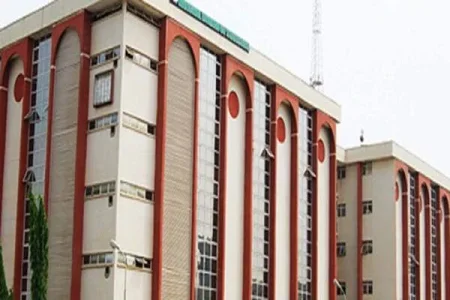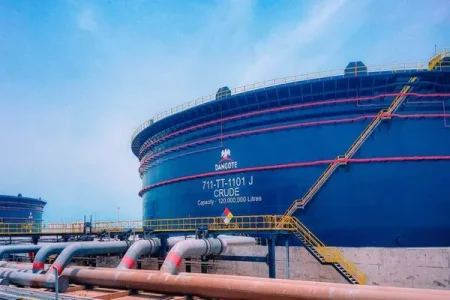
The National Bureau of Statistics (NBS) reveals Benue, Delta, and Borno as the most affordable states in Nigeria, with the lowest year-on-year headline inflation rates. The report also highlights significant disparities in cost pressures across the country, with some regions experiencing sharper increases in living expenses.
In a recent report by the National Bureau of Statistics (NBS), Benue, Delta, and Borno have been identified as the most affordable states to live in Nigeria. This revelation comes as part of the July Consumer Price Index and Inflation Data, highlighting how these states have managed to keep living costs relatively low despite the country's overall economic challenges.
The NBS data indicates that Benue leads with the lowest headline inflation rate at 27.28 percent, followed by Delta at 28.06 percent, and Borno at 28.33 percent on a year-on-year basis. These figures suggest that residents in these states have been somewhat shielded from the more severe economic pressures felt elsewhere in Nigeria.
On a month-to-month comparison, states such as Taraba (0.17 percent), Kwara (0.62 percent), and Ondo (0.91 percent) recorded the slowest increases in headline inflation, indicating a more stable cost of living. However, the Federal Capital Territory (Abuja) saw a sharp rise of 3.91 percent, followed closely by Borno at 3.84 percent and Enugu at 3.76 percent, signaling significant cost pressures in these areas.
The report also highlighted a broader national trend where Nigeria's headline inflation dipped to 33.90 percent in July, marking the first decline since 2022. This drop is largely attributed to a decrease in the prices of essential food items like garri and fufu, which helped reduce food inflation from 40.87 percent in June to 39.53 percent in July.
These findings offer a glimpse into the diverse economic landscape across Nigeria, where some states have managed to maintain affordability despite broader inflationary trends. The data could influence future migration patterns as Nigerians seek more cost-effective living conditions.



![[FULL LIST] Tinubu Appoints IBB's Son, Others to Lead Key Agencies](/data/attachments/219/219051-c45e0723af5235b4e99b88eb1fa579fd.jpg?hash=su4VHIBpS9)
